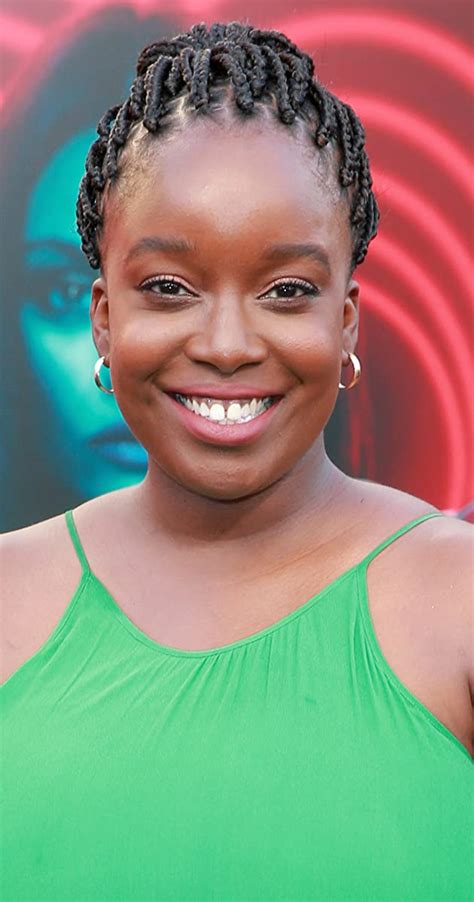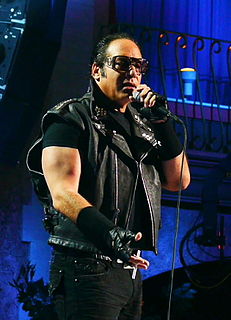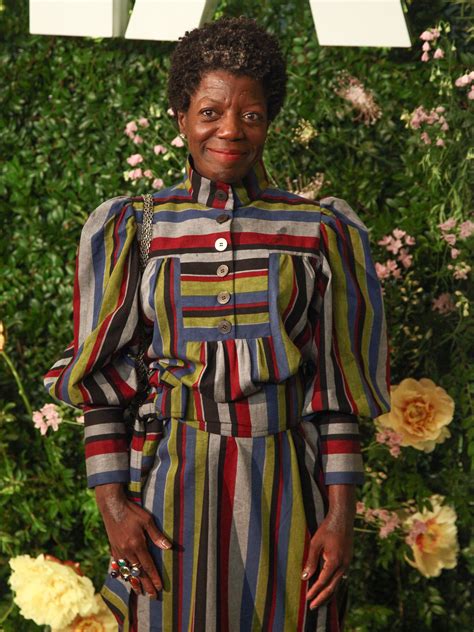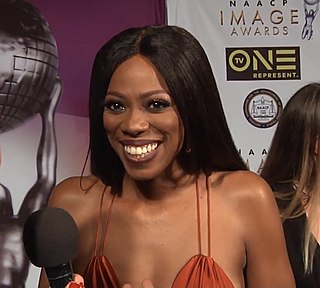A Quote by Bryan Stevenson
If you read the 13th Amendment, it doesn't talk about narratives of racial difference. It doesn't talk about ideologies of white supremacy. It only talks about involuntary servitude and forced labor.
Related Quotes
On the contrary, it's because somebody knows something about it that we can't talk about physics . It's the things that nobody knows anything about that we can discuss. We can talk about the weather; we can talk about social problems; we can talk about psychology; we can talk about international finance gold transfers we can't talk about, because those are understood so it's the subject that nobody knows anything about that we can all talk about!
Why can't we have a voice? What's the difference between an athlete having millions or Donald Trump? Every time a politician talks, they talk about what's wrong with America. Well, he's an athlete who is also saying something is wrong with America. Why is it that when he talks, people say, 'How can he talk about oppression and make millions?' Well, Trump is talking about it. Hillary Clinton is talking about it. And they have more money than most athletes.
I belong to a bowling team with black and Latino coworkers. And when we get together and we talk about politics - I'm almost quoting him - he said, we don't talk about Black Lives Matters. We talk about what matters to our families. We talk about jobs, and we talk about the fate of the country. That is America, and you can reach those people.
I'm not like most comedians. I don't deal with just heckles - I'm also dealing with threats and anger. Here I am, a brown person on stage being quite blunt. I talk about white privilege; I talk about U.S. imperialistic practices; I talk about colonialism. I'm not saying things that are easy for people to laugh at.
What happens at the average church or synagogue or mosque is that I don't know many priests or ministers or rabbis who say to their congregation, 'go home and talk about the religion at the kitchen table with your kids...talk about God, talk about what this is all about.' They say in general, come back on the weekend, we'll talk to you about it.
…“white supremacy” is a much more useful term for understanding the complicity of people of color in upholding and maintaining racial hierarchies that do not involve force (i.e slavery, apartheid) than the term “internalized racism”- a term most often used to suggest that black people have absorbed negative feelings and attitudes about blackness. The term “white supremacy” enables us to recognize not only that black people are socialized to embody the values and attitudes of white supremacy, but we can exercise “white supremacist control” over other black people.




































